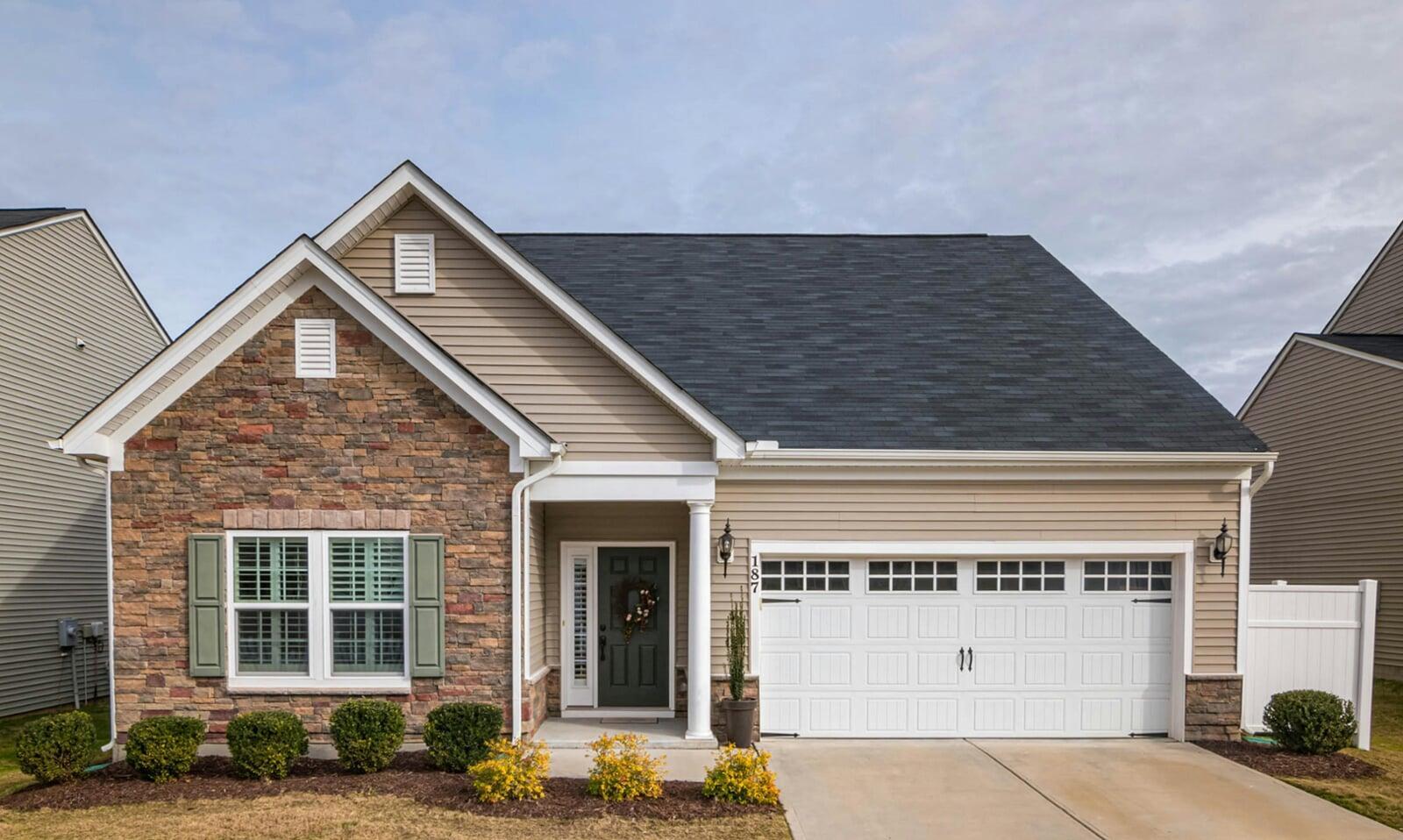How to Get an ADU Permit in Roseville, California

📋 Key ADU Regulations in Roseville
Before embarking on your ADU project, it's essential to familiarize yourself with Roseville's zoning regulations. These regulations govern the size, location, and design of your ADU to ensure compatibility with existing properties and community standards. Here are some key regulations:
Size Limits: ADUs in Roseville typically cannot exceed 1,200 sq. ft. for detached units.
Setbacks: There are specific setback requirements (distance from property lines) that need to be adhered to for both detached and attached ADUs.
Height Restrictions: The height of a detached ADU is typically limited to 16 feet, but this can vary depending on the design and zoning.
Parking Requirements: Roseville may waive parking requirements for ADUs if the property is near public transportation.
Utilities: ADUs must be connected to existing sewer systems or, in some cases, require the installation of a new sewer connection.
Design Standards: Your ADU must be designed to blend seamlessly with your existing property in terms of style and materials.
Understanding these key ADU regulations is essential to ensuring that your ADU project moves forward without delays.
📝 Steps to Get an ADU Permit in Roseville
Getting a permit for an ADU in Roseville, California, involves several critical steps. Follow this guide to ensure a smooth process:
1. Determine Eligibility
Check if your property is eligible for an ADU based on local zoning regulations and property size. You may also need to verify that your property is within the residential zones that allow for ADUs.
2. Design Your ADU
Work with an architect or design professional to create a custom design for your ADU. Make sure that the design complies with Roseville’s building codes and zoning laws.
3. Prepare the Permit Application
Once the design is ready, you’ll need to submit an ADU permit application to the Roseville Building Department. The application will include:
Detailed architectural plans
Site plans showing setbacks and lot dimensions
Utility plans for water, sewer, and electricity connections
4. Submit the Application
Submit your application to the Roseville Building Department. There may be fees associated with the application, depending on the complexity of the ADU.
5. Permit Review
Your application will be reviewed by the city’s planning department. They will assess the design’s compliance with zoning regulations, setback rules, height restrictions, and other requirements.
6. Inspection
Once construction begins, inspections will be required to ensure that the project adheres to safety codes and complies with the approved plans.
7. Final Approval
After passing the inspections, you will receive your certificate of occupancy for your new ADU, allowing you to legally inhabit or rent it out.
💰 How Much Does an ADU Permit Cost in Roseville?
The cost of an ADU permit in Roseville, California can vary based on several factors, including the size of your ADU and the complexity of the project. Below is an estimate of the typical ADU permit costs:
| Permit Type | Estimated Cost |
| Building Permit | $1,500 - $5,000 |
| Sewer Connection Permit | $500 - $2,000 |
| Utility Connection Fees | $500 - $2,000 |
| Plan Check Fees | $300 - $1,000 |
| Impact Fees (if applicable) | $1,000 - $10,000+ |
The total cost for obtaining an ADU permit can range from $5,000 to $20,000 or more, depending on the size, complexity, and location of your ADU project. It's important to factor in these costs when planning your ADU budget.
🌟 Benefits of Building a Permitted ADU in Roseville
Building a permitted ADU in Roseville offers numerous benefits, both for the homeowner and the community. Some of the key benefits include:
Increase Property Value: A well-designed ADU can increase the market value of your property by up to 30%.
Generate Rental Income: Renting out your ADU provides a steady source of passive income. This is especially beneficial in high-demand areas like Roseville.
Multigenerational Housing: ADUs offer a private living space for family members while maintaining close proximity. They’re ideal for aging parents or young adults who want independence.
Flexibility of Use: ADUs can serve many purposes—guest houses, home offices, or long-term rentals. The flexibility of use makes them an appealing investment.
Legal Compliance: A permitted ADU ensures that your project is up to code, which means no future legal issues or costly fines.
Sustainability: Many ADUs are designed to be energy-efficient, reducing long-term utility costs.

